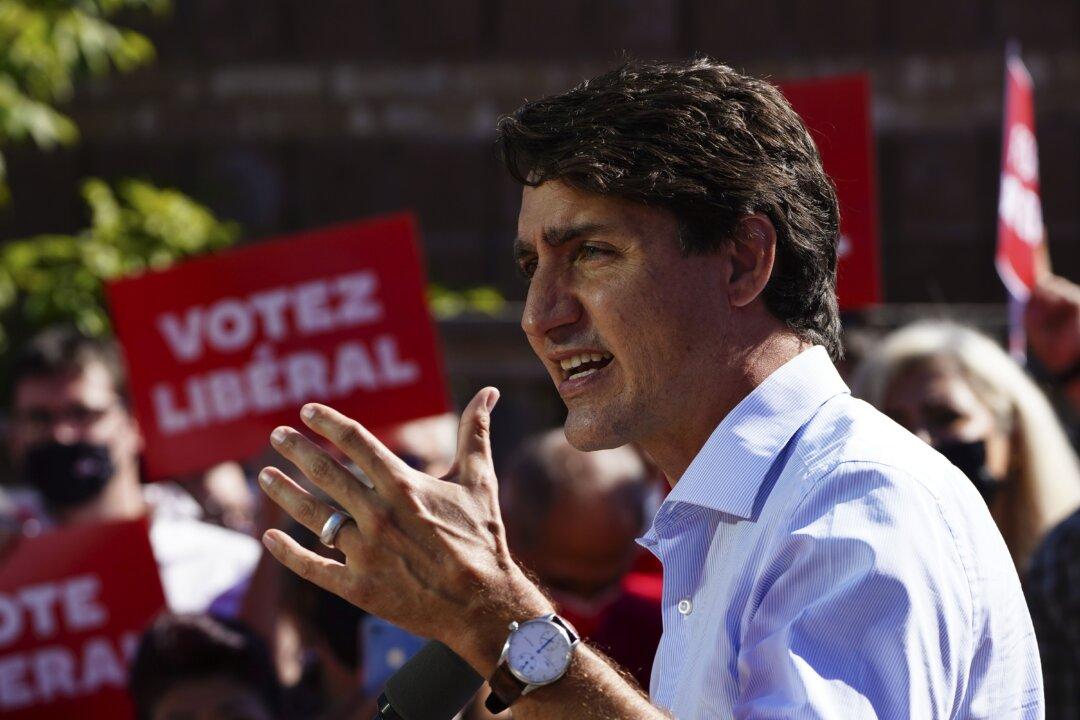Commentary
In “The Hitchhiker’s Guide to the Galaxy,” a fleet of Vogon spaceships arrives to demolish the Earth to make way for a hyperspace bypass and is totally missed by all of the sophisticated radars. The Vogons “went unnoticed at Goonhilly, they passed over Cape Canaveral without a blip, Woomera and Jodrell Bank looked straight through them—which was a pity because it was exactly the sort of thing they'd been looking for all these years.” Kind of like a Canadian federal election.





